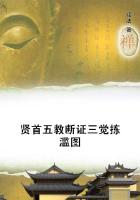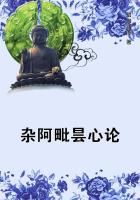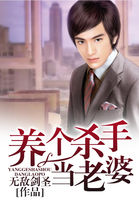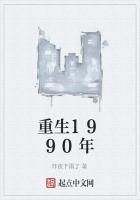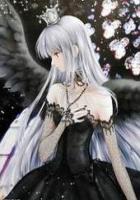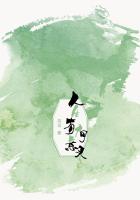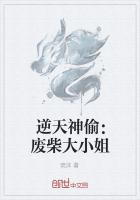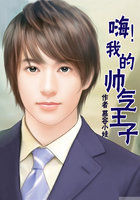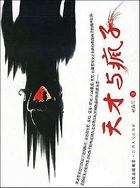"Yes, it did, didn't it father!" exclaimed one of the twins. "She was my great-grandmother--and George's too; wasn't she, father! You never saw her, but Sis has seen her, when Sis was a baby-didn't you, Sis! Sis has seen her most a hundred times. She was awful deef--she's dead, now.
Aint she, father!"
All the children chimed in, now, with one general Babel of information about deceased--nobody offering to read the riot act or seeming to discountenance the insurrection or disapprove of it in any way--but the head twin drowned all the turmoil and held his own against the field:
"It's our clock, now--and it's ,got wheels inside of it, and a thing that flatters every time she strikes--don't it, father! Great-grandmother died before hardly any of us was born--she was an Old-School Baptist and had warts all over her--you ask father if she didn't. She had an uncle once that was bald-headed and used to have fits; he wasn't our uncle, I don't know what he was to us--some kin or another I reckon--father's seen him a thousand times--hain't you, father! We used to have a calf that et apples and just chawed up dishrags like nothing, and if you stay here you'll see lots of funerals--won't he, Sis! Did you ever see a house afire? I have! Once me and Jim Terry----"
But Sellers began to speak now, and the storm ceased. He began to tell about an enormous speculation he was thinking of embarking some capital in--a speculation which some London bankers had been over to consult with him about--and soon he was building glittering pyramids of coin, and Washington was presently growing opulent under the magic of his eloquence. But at the same time Washington was not able to ignore the cold entirely. He was nearly as close to the stove as he could get, and yet he could not persuade himself, that he felt the slightest heat, notwithstanding the isinglass' door was still gently and serenely glowing. He tried to get a trifle closer to the stove, and the consequence was, he tripped the supporting poker and the stove-door tumbled to the floor. And then there was a revelation--there was nothing in the stove but a lighted tallow-candle! The poor youth blushed and felt as if lie must die with shame. But the Colonel was only disconcerted for a moment--he straightway found his voice again:
"A little idea of my own, Washington--one of the greatest things in the world! You must write and tell your father about it--don't forget that, now. I have been reading up some European Scientific reports--friend of mine, Count Fugier, sent them to me--sends me all sorts of things from Paris--he thinks the world of me, Fugier does. Well, I saw that the Academy of France had been testing the properties of heat, and they came to the conclusion that it was a nonconductor or something like that, and of course its influence must necessarily be deadly in nervous organizations with excitable temperaments, especially where there is any tendency toward rheumatic affections. Bless you I saw in a moment what was the matter with us, and says I, out goes your fires! --no more slow torture and certain death for me, sir. What you want is the appearance of heat, not the heat itself--that's the idea. Well how to do it was the next thing. I just put my head, to work, pegged away, a couple of days, and here you are! Rheumatism? Why a man can't any more start a case of rheumatism in this house than he can shake an opinion out of a mummy!
Stove with a candle in it and a transparent door--that's it--it has been the salvation of this family. Don't you fail to write your father about it, Washington. And tell him the idea is mine--I'm no more conceited than most people, I reckon, but you know it is human nature for a man to want credit for a thing like that."
Washington said with his blue lips that he would, but he said in his secret heart that he would promote no such iniquity. He tried to believe in the healthfulness of the invention, and succeeded tolerably well;but after all he could not feel that good health in a frozen, body was any real improvement on the rheumatism.




